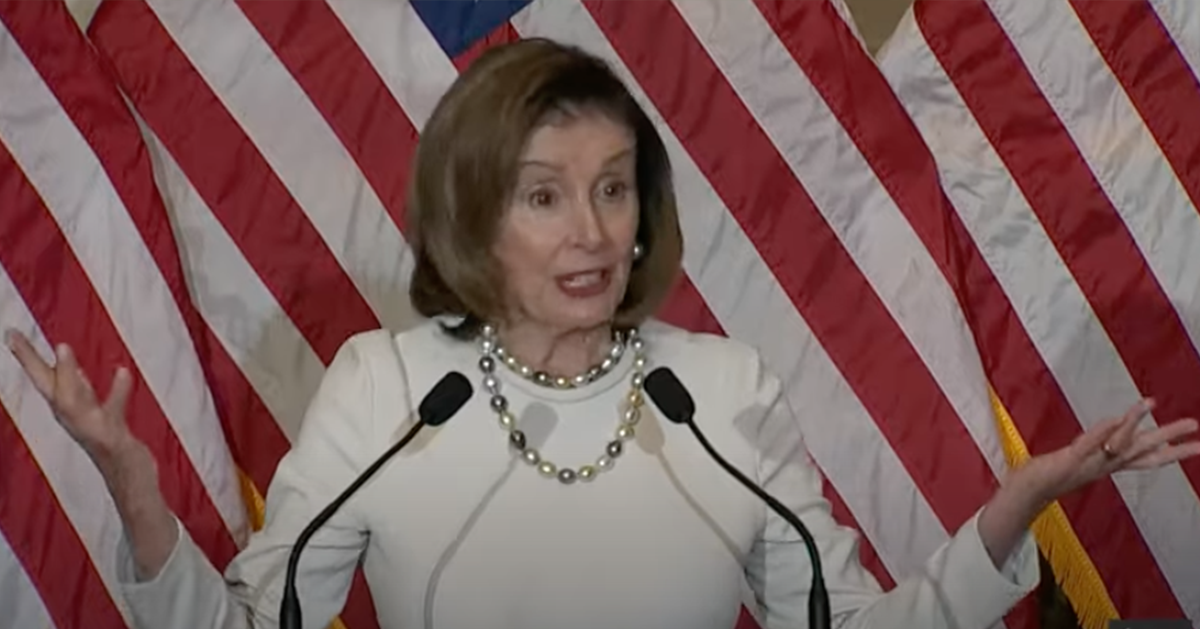Trump administration revokes illegal migrants' Social Security numbers
The Trump administration is taking bold steps to address the presence of undocumented individuals in the U.S. by stripping them of Social Security numbers.
The recent initiative led by Homeland Security Secretary Kristi L. Noem aims to urge undocumented migrants to self-deport by revoking their Social Security numbers and cutting off access to benefits, as Breitbart reports.
Under the directive of Noem, this campaign targets undocumented immigrants, focusing initially on those with criminal records. The plan involves the cancellation of over 6,300 Social Security numbers held by immigrants with criminal convictions, ties to terrorism, or revoked visas.
Large-scale plan seeks mass self-deportation
The administration's broader objective includes impacting hundreds of thousands of undocumented persons residing in America, who currently possess Social Security numbers. In its early stages, the strategy focuses on 92,000 individuals with criminal records, but it will soon address those without such histories.
This effort aligns with the Trump administration's vision of trimming the inflow of inadmissible migrants and refugees. Ultimately, the approach bolsters immigration laws while removing unauthorized residents' access to essential financial services and government benefits.
Affected individuals face the potential placement of their Social Security numbers in a "death file" database. This classification not only terminates their benefits but also causes employment disruptions due to incorrect reporting of their deaths.
Fraudulent use of numbers targeted
Historically, federal policies have effectively allowed illegal migrants to partake in the economic ecosystem by using fraudulent Social Security numbers, affecting millions of lawful residents. The new campaign aims to correct this situation by removing the benefits that incentivize illegal immigration.
According to Trump's recent comments, this "very big self-deportation operation" works to ensure undocumented migrants exit the country legally. The intent is to refine legal re-entry channels and collaborate with different sectors to address labor shortages caused by this move.
Trump's administration estimates that as many as 21 million unauthorized immigrants reside in the U.S., making these efforts crucial in curbing future unauthorized entries. Within this framework, the administration emphasizes supporting industries, including agriculture and hospitality, by coordinating with employers.
Media, political opposition mounts
This plan has met resistance from various corners, including Democrats, government officials, and pro-migration journalists. Critics argue that such unprecedented coordination between the Social Security Administration and Homeland Security could adversely affect many individuals.
Elizabeth Huston, a spokeswoman for the White House, asserts that Trump's commitment to deportations aligns with eliminating incentives for undocumented migrants to stay in the U.S. According to her, "He is delivering on his promise he made to the American people."
Homeland Security Secretary Noem echoes the sentiment that thousands of undocumented individuals have already chosen self-deportation. She highlights efforts to assist migration through funds and resources, including purchasing plane tickets home.
Self-deportation strategy unfolds
Noem further elaborates on the situation, suggesting that the administration's efforts target 20 to 21 million undocumented immigrants, perceived as lawbreakers. The strategy attempts to motivate them to comply with exit processes willingly.
In addition to minimizing the undocumented population, the campaign is expected to positively impact the economy by increasing wages, decreasing housing expenses, and promoting technological progress in work environments.
As the strategy unfolds, its success is measured by the number of migrants choosing voluntary departure and cooperation, thereby reducing strain on resources allocated for enforced deportation actions.
The New York Times reports that severing migrants' access to vital resources such as bank accounts, credit cards, and social services underscores the administration’s commitment to this campaign.
Future of enforcement still unfolding
Trump suggests cooperation with industries reliant on migrant labor is underway to address potential workforce gaps. He reassures that "a farmer will come in with a letter concerning certain people, saying they're great, they're working hard," underlining a balanced approach.
As the Trump administration progresses with this initiative, the focus remains on legal pathways, collaboration with employers, and providing incentives for organized and lawful reintegration into the U.S. economy.
By maintaining this stance, the campaign seeks to address a long-standing issue, while remaining sensitive to the needs of crucial sectors and the migrant population, underscoring a commitment to comprehensive immigration reform.




